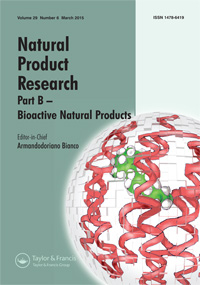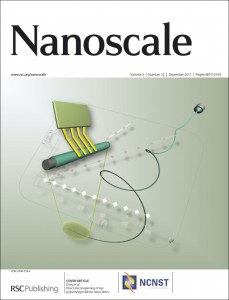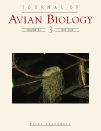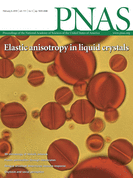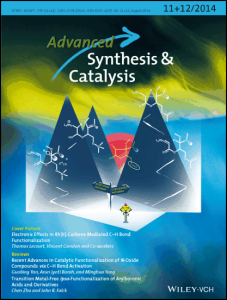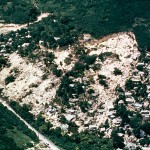 Here at Retraction Watch, we are reminded every day that everybody (including us) makes mistakes — what matters is, how you handle yourself when it happens. That’s why we created a “doing the right thing” category, to flag incidents where scientists have owned up to their errors and taken steps to correct them.
Here at Retraction Watch, we are reminded every day that everybody (including us) makes mistakes — what matters is, how you handle yourself when it happens. That’s why we created a “doing the right thing” category, to flag incidents where scientists have owned up to their errors and taken steps to correct them.
We’re not suggesting retractions have no effect on a scientist’s career — a working paper posted last month by the National Bureau of Economic Research found that principal investigators with retracted papers see an average drop of 10% in citations of their other papers, a phenomenon known as a citation penalty. But they face a bigger penalty if the retraction stemmed from misconduct, rather than an honest mistake.
This jibes with research we’ve seen before, which shows the scientific community can be forgiving when researchers own up to their mistakes – notably, a 2013 study that found scientists face no citation penalty if they ask to retract their own papers, rather than forcing the journal or publisher to act.
Continue reading The consequences of retraction: Do scientists forgive and forget?
